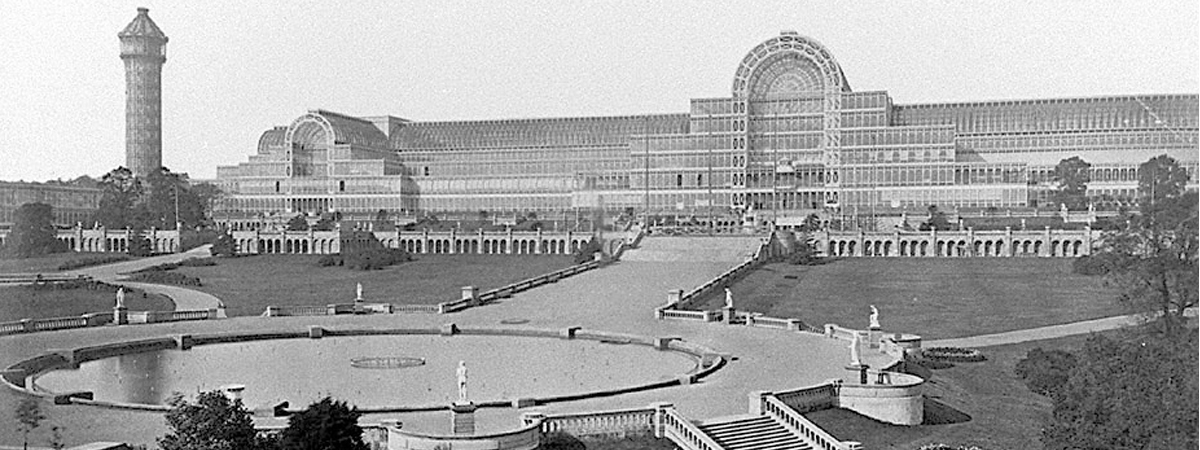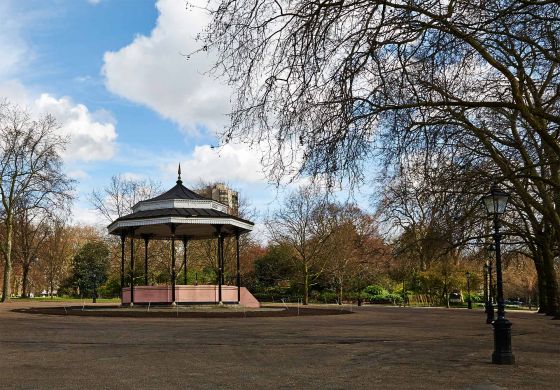This is from March 1867, Josh was seventy three at the time, and it was ten years since he had been defeated in the General Election of 1857. Entertainingly, St Martin’s Hall had been the venue for the First International of the International Workingmen’s Association three years earlier attended by Karl Marx. The hall had a 500 seat lecture theatre, and a 3,000 seat main hall. It was on Long Acre, in Convent Garden.
The annual meeting of the National Sunday League was held last evening at St. Martin’s Hall, Sir Joshua Walmsley in the chair. The chairman having briefly addressed the meeting congratulating it on the success which had attended the movement, the secretary read the report for the past twelve months, which stated that during the year the organization of the League was consolidated, and its internal arrangements considerably modified to meet the requirements of the members. Parliament would shortly be called upon to consider the laws which now denied to the masses rational freedom and recreation on Sunday. In the Spring on two Sundays, the Council invited Crystal Palace shareholders to spend social and recreative afternoons with them at the Crystal Palace, and on each occasion 600 were present. Discourses on Egypt, Pompeii, the extinct animals, &c., were delivered by various friends, and the resources of the Palace and grounds fully availed of for the purposes of instruction. Tho public notice taken of those Sunday meetings by the press was followed by a Sabbatarian memorial to the directors for the suppression of the practice, but their efforts had been defeated by the decisive resolution of tho Board.

The Sunday bands in the parks had proved as popular as hitherto. The Church Congresses at York and Rochester had given striking proofs that the more liberal-minded among the clergy were determined that puritanical views should not any longer sever the people from the Church. The Rev. Newman Hall, Mr.Samuel Morley, and others had expressed views considerably in advance for liberty and toleration of the policy hitherto experienced from the party to which they belonged.

Ten Sunday evening meetings had been held at St. Martin’s Hall, which had been conducted by an association distinct from the League. Mr. Baxter, the chairman of the Lord’s Day’s Society, had instituted a prosecution against the lessee of St. Martin’s Hall for permitting that institution being used for popular Sunday services. Sir Thomas Henry had, however, left the trying of the question on its real issue to a superior court. The Press had spoken out fearlessly on the opening of museums and providing rational recreation for the people. It had been said that the League was in favour of Sunday trading. Such was not the case, but at the same time it was necessary that ” some must work that all may rest.” The primary object of the League was to open national museums and galleries, and the opportunity for action, which must come before long, would no doubt find a Council as ready as that which had acted during tho past twelvemonths. The chairman moved the adoption of the report, which was seconded by Sir John Bowring, and carried unanimously. Addresses were then delivered by Mr. Baxter Langley, and others, and the meeting terminated after a vote of thanks had been accorded to Sir Joshua Walmsley for his dignified conduct in the chair.
The above text was from the Times, Friday March 22, 1867. p.12.